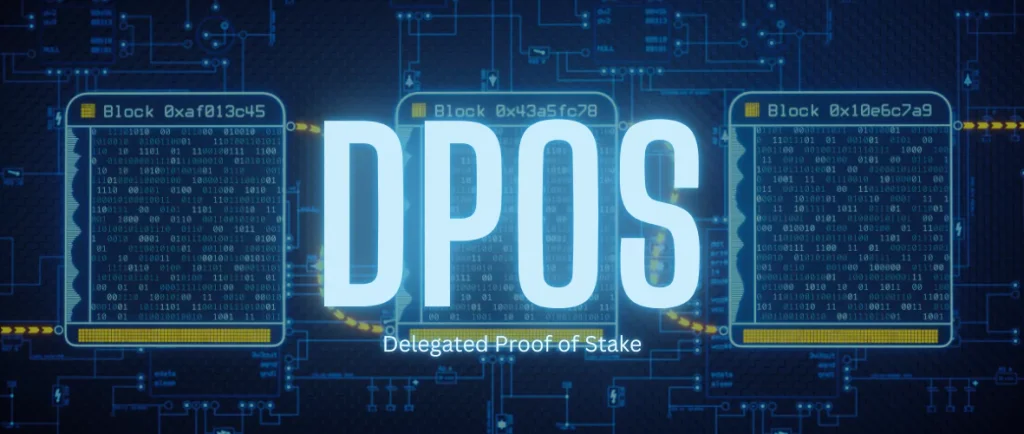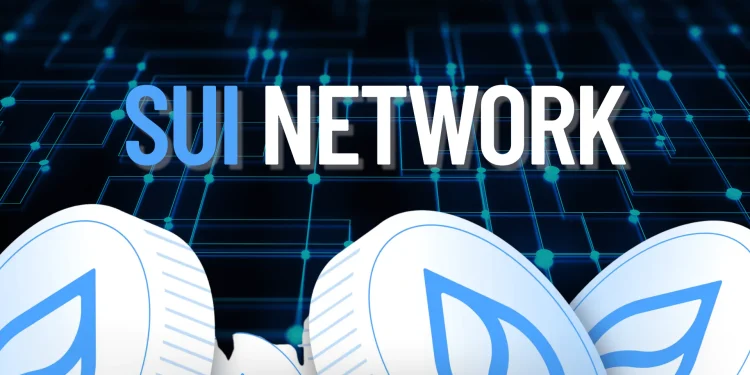The Sui Network is a ground-breaking Layer-1 blockchain platform created to address the issues of scalability and efficiency in the constantly changing field of blockchain technology. Sui was introduced by Mysten Labs in May 2023 with the goal of offering high-throughput, low-latency solutions for decentralized apps (dApps) in a variety of industries, such as gaming, non-fungible tokens (NFTs), and decentralized finance (DeFi). A wealth of experience is brought to the platform’s design and functionality by the development team, which includes former participants in Meta’s Diem project.
The Object-Centric Data Model
One of Sui’s most distinctive features is its object-centric data model. Unlike traditional account-based models, Sui organizes data around “objects.” Each asset or token is treated as a unique object with its own identifier and properties. This approach simplifies transaction processing by allowing applications to update specific assets individually, enhancing flexibility and throughput. In essence, each asset operates independently, enabling parallel transaction processing without the bottlenecks associated with sequential data processing in traditional blockchains.
Parallel Transaction Execution
Sui’s architecture allows transactions to be processed at the same time, making it faster and more efficient. By employing a Directed Acyclic Graph (DAG)-based transaction ordering system alongside the Move programming language, Sui can process multiple independent transactions simultaneously without compromising security or network integrity. This design enables Sui to handle up to 125,000 transactions per second (TPS) under optimal conditions, rivaling advanced traditional financial systems. The parallel processing capability ensures low transaction fees, making it ideal for high-frequency applications such as decentralized exchanges (DEXs) and real-time gaming environments.
Consensus Mechanisms: Narwhal, Bullshark, and Mysticeti
Sui’s consensus mechanism has evolved over time to enhance network performance and security. Initially, Sui utilized a combination of Narwhal and Bullshark protocols. Narwhal served as the mempool, organizing transaction data into a DAG structure to ensure data availability and integrity. Bullshark, on the other hand, handled the ordering of these transactions using a Byzantine Fault Tolerant (BFT) system, allowing the network to function correctly even if some validators misbehaved or failed. This separation of data availability and transaction ordering tasks enabled Sui to process transactions more efficiently, achieving high throughput and low latency.
In August 2024, Sui introduced the Mysticeti protocol, marking a significant advancement in its consensus mechanism. Mysticeti reduced consensus latency to an astonishing 390 milliseconds, establishing Sui as one of the fastest consensus layers in the industry. This protocol minimizes cross-validator communication and fully utilizes network bandwidth to maintain high throughput, further enhancing the network’s performance.
Delegated Proof of Stake (DPoS) Consensus

Sui employs a Delegated Proof of Stake (DPoS) consensus model to secure the network. In this model, stakeholders can delegate their tokens to validators who process transactions and maintain the blockchain. This approach promotes decentralization and enhances security by involving a broader pool of participants in network governance and validation. Additionally, DPoS supports efficient governance by allowing token holders to vote on protocol upgrades, fee structures, and other network decisions, ensuring that the community’s interests are represented.
SUI Tokenomics and Utility
The native utility token of the Sui Network, known as SUI, plays a central role in the platform’s operations. With a capped supply of 10 billion tokens, SUI is used for transaction fees, staking, and governance. The token operates on a long-term inflation model, with inflation gradually decreasing to a stable target, promoting network stability and supporting ongoing ecosystem incentives. Token holders can stake their tokens to earn rewards and participate in governance, contributing to a decentralized decision-making process that aligns with community interests. This design also includes a robust incentive structure to encourage the network’s growth and maintain low transaction fees, with current fees averaging around $0.0015 per transaction—a fraction of the cost on most other blockchains.
Applications in DeFi, Gaming, and NFTs
Sui’s architecture makes it well-suited for a range of applications, particularly those requiring high transaction speeds and low fees:
DeFi Protocols: Sui’s scalability has attracted DeFi projects like DeepBook, a DEX that uses a central limit order book, and Turbos Finance, an automated market maker. These platforms leverage the network’s low fees and fast processing to provide efficient trading and liquidity solutions for users.
Gaming and NFTs: Sui’s object-centric model is particularly beneficial for gaming and NFT applications, where unique assets need real-time updates and fast interactions. Projects such as SUI 8192 (a decentralized puzzle game) and Grand Cross: Metaworld (a metaverse game by Netmarble) have chosen Sui as their platform, benefiting from the network’s low costs and dynamic asset management capabilities.
Supply Chain and Real-Time Applications: Sui’s architecture supports complex data interactions, making it viable for applications beyond gaming and finance. For example, supply chain management, where each product’s journey can be tracked on-chain, benefits from the network’s object-based data structure and efficient update capabilities.
Unique Features and Developer Tools
Sui Network has developed several unique features to enhance user experience and support development:
zkLogin for Seamless Onboarding: Sui’s zkLogin allows users to access Web3 applications using familiar Web2 credentials, such as Google or Facebook logins. This feature simplifies onboarding, bridging the gap between traditional and decentralized platforms, and enhancing user adoption by reducing friction.
Sui Development Kit (SDK): To empower developers, Sui offers a comprehensive SDK that includes tools, libraries, and resources to facilitate the building and deployment of dApps. The SDK supports multiple programming languages and provides extensive documentation, enabling developers to create scalable and efficient applications on













